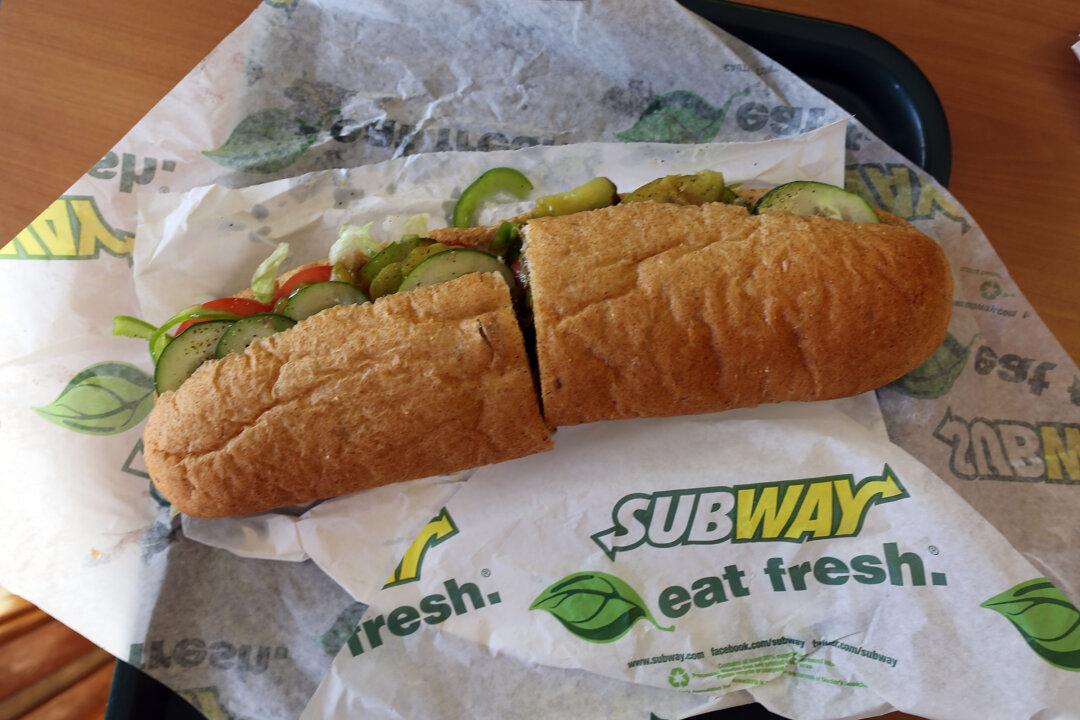The ingredient billed as “tuna” in Subway’s sandwiches and wraps is “made from anything but tuna,” a lawsuit filed in U.S. District Court for the Northern District of California last week claims.
The suit, filed by Karen Dhanowa and Nilima Amin of Alameda County, alleges that the “tuna” sold at the popular sandwich chain is in fact a “mixture of various concoctions.”





